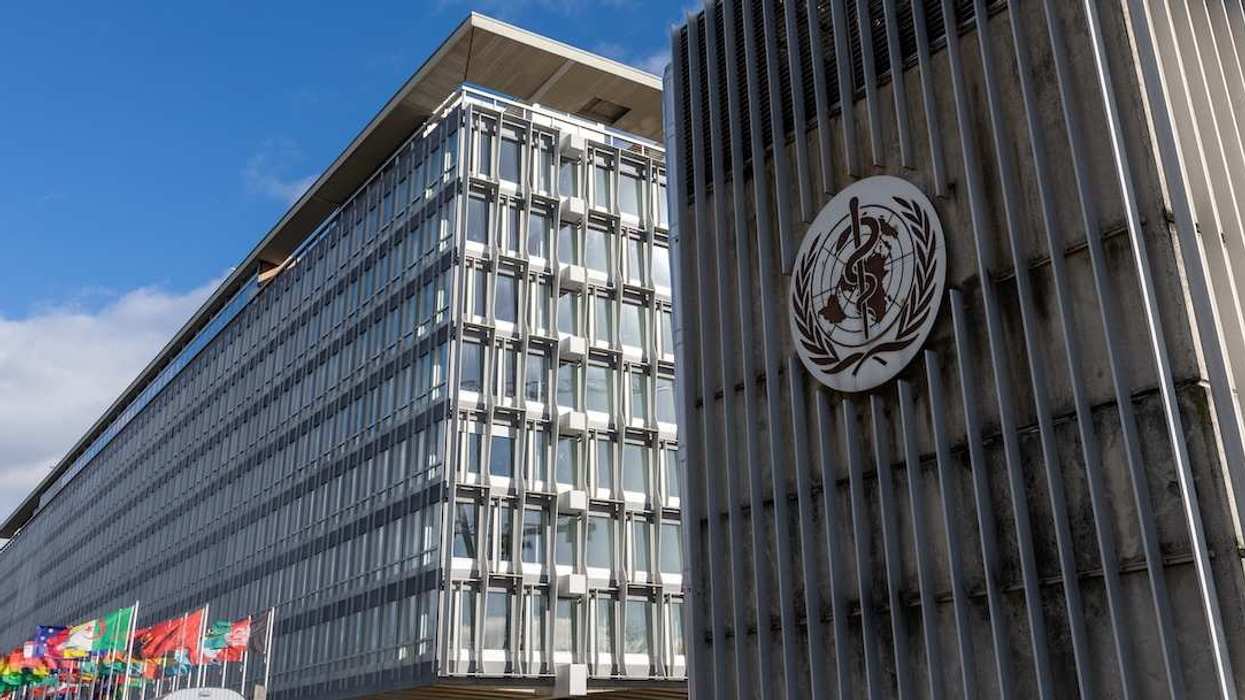Israel’s ruling coalition is facing its most serious crisis yet. Two of the country’s ultra-Orthodox parties — United Torah Judaism and Shas — announced they are quitting Prime Minister Benjamin Netanyahu’s government over proposed changes to long-standing rules that exempt ultra-Orthodox students from Israel’s military draft. The split is likely to collapse the coalition. The centrist opposition Yesh Atid party has already filed a motion to dissolve the Knesset, Israel’s legislature. A vote on that, set for June 11, is likely to succeed, triggering a general election by November.
The withdrawal of the two parties came in response to a bill introduced by a member of Netanyahu’s Likud party that would curtail military exemptions. The ultra-Orthodox community has largely been exempted from military service since Israel’s founding, but that arrangement is under growing strain as the Gaza war stretches Israel’s manpower, forcing repeated reserve call-ups that have generated increasing public anger at this exemption.
“This issue — ultra-Orthodox conscription — is part of a divide that’s governed Israel for 70 years. It’s not new, but it’s symbolic of the larger cultural war,” says Middle East Institute Scholar Dr. Ilan Peleg.
But this was just the straw that broke the camel’s back. Netanyahu’s coalition has been becoming increasingly fractured as polarization and government dissatisfaction has risen in the country. The prime minister is personally motivated to remain in charge to preserve his legal immunity amid ongoing corruption trials. To do so, he has relied on two key groups to stay in power: ultra-nationalists who want to escalate the war in Gaza beyond what much of the Israeli public is willing to tolerate, and ultra-Orthodox parties who insist on maintaining exemptions from military service — a stance that has generated resentment among some non-Orthodox Israelis, who bear the brunt of the war effort.
With the ultra-Orthodox unlikely to return without a clear legislative fix — and none is forthcoming — the odds of a government collapse are high.
This upheaval raises big questions.
The first is Iran. “The threat posed by Iran’s nuclear program is one of the few unifying issues among Israelis,” says Eurasia Group’s Middle East Director Firas Maksad. “A successful raid that delays Iran’s ability to acquire a nuclear weapon could strengthen Netanyahu’s domestic position.”
But a dramatic move against Iran, without strong US backing — particularly from President Donald Trump, who currently favors diplomacy — would carry major risks.
“Even if it’s possible technically to do it, maybe desired by Israelis,” Peleg explains, “the American veto would be a major factor on the negative side.”
The second is Gaza. Early elections would raise pressure on Netanyahu to secure more hostage releases from Gaza and strike a temporary ceasefire — with growing war fatigue and frustration over hostages likely to weaken Likud at the polls.
If the government collapses and elections are held, the increasingly unpopular Netanyahu could lose his grip on power. He would be challenged by former Prime Minister Naftali Bennett, whose newly-registered right-wing party is currently leading in the polls.
Netanyahu, a skilled politician who has held the premiership in several stints since the 1990s, has come back from more than one prediction of his demise. Will this time be different?
Maksad says that while it’s “not impossible that [Netanyahu] could manage to return the premiership… It would be an uphill battle.”


















